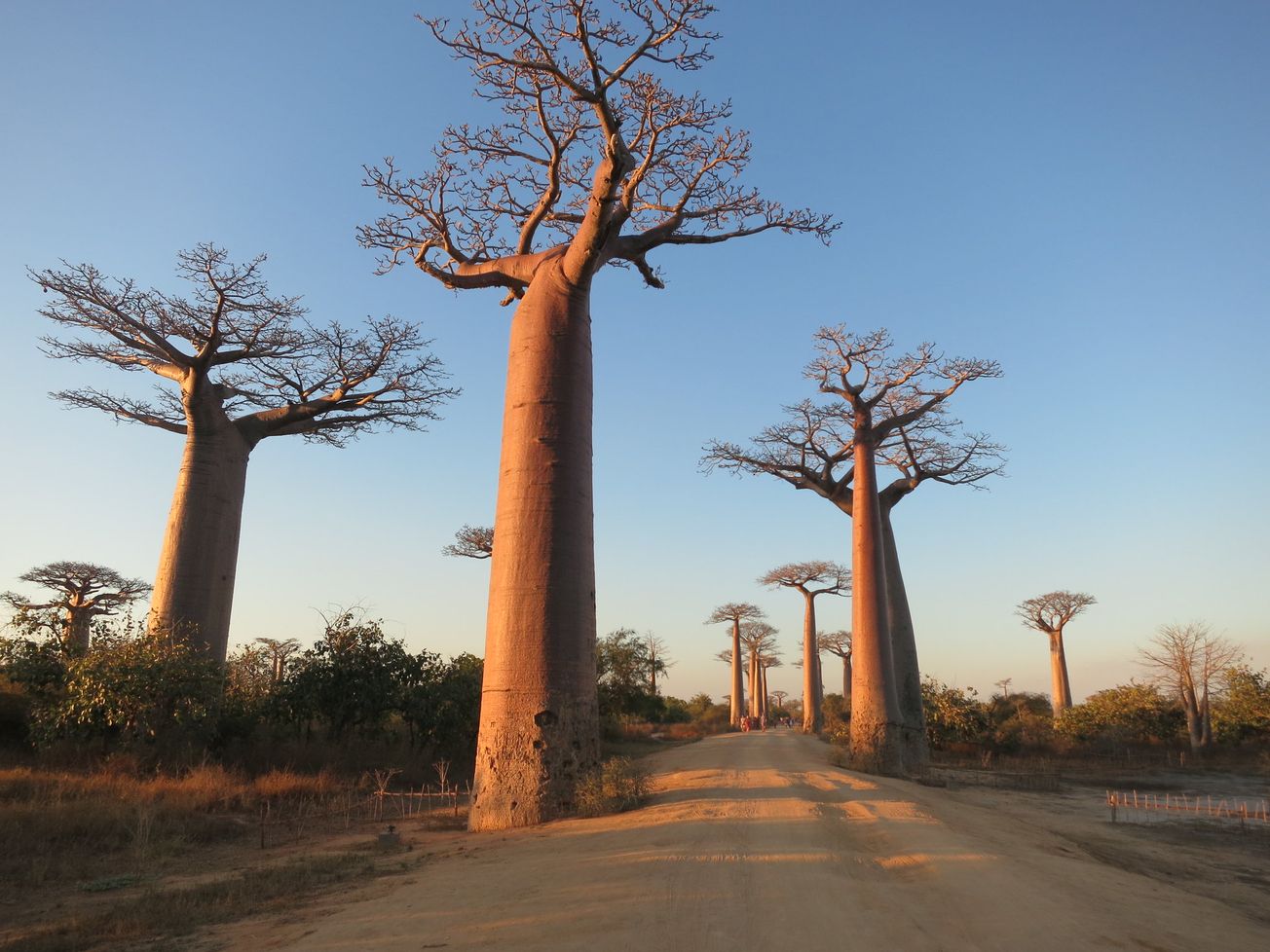GENEVA (AN) — Almost two months after its major fundraising summit, the world's biggest disease-fighting fund added $1.4 billion to its earlier pledges but still fell 13% short of its goal.
The Global Fund to Fight AIDS, Tuberculosis and Malaria's board of directors said on Friday it welcomed the $15.7 billion result from the seventh replenishment round it has held since its creation in 2002.







